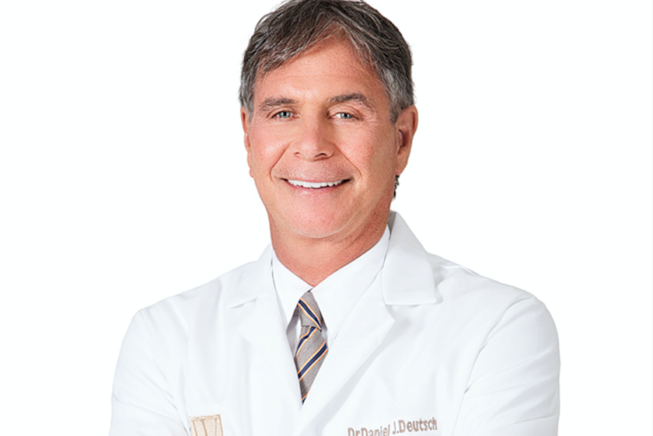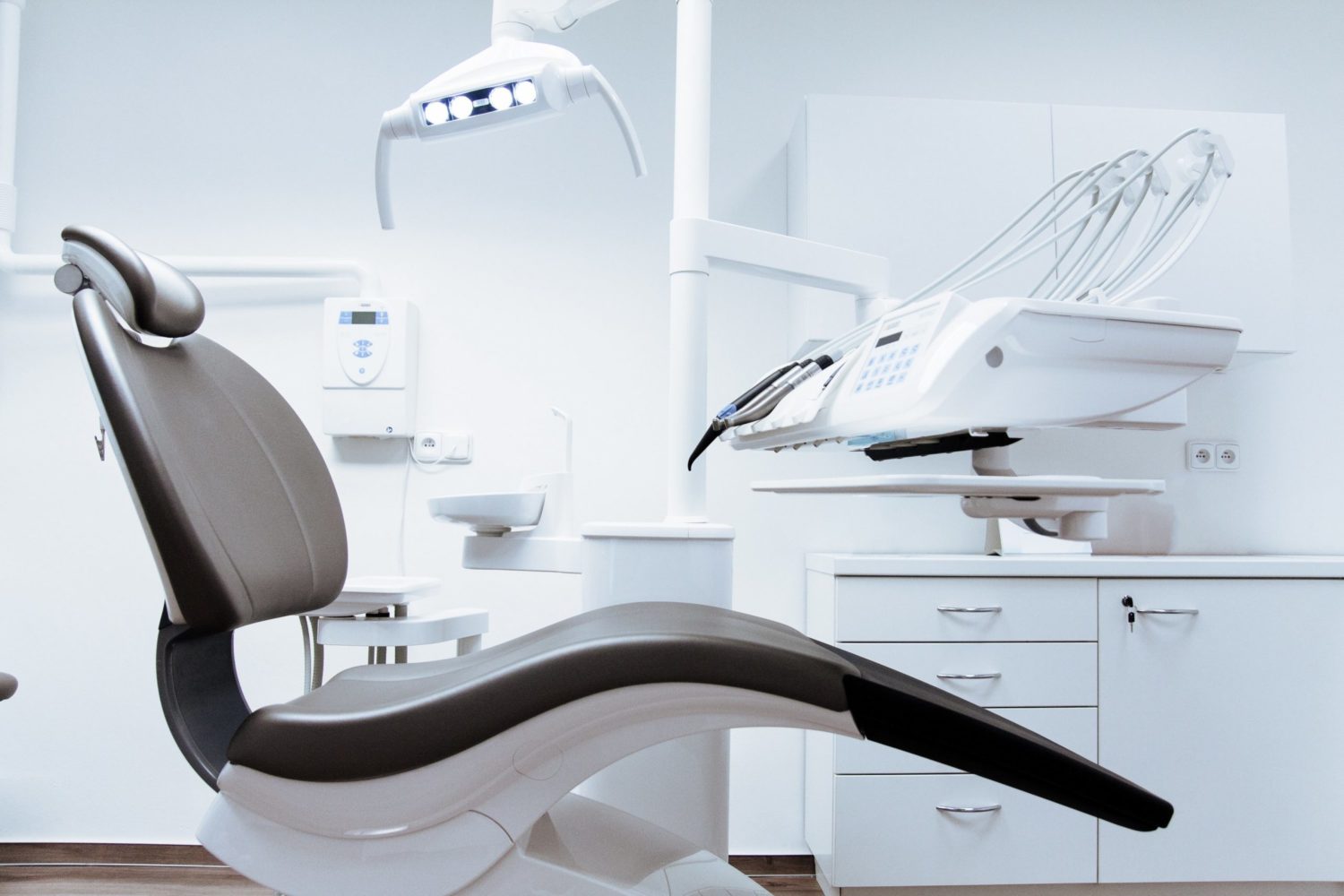By J.A. Sloan, WASHINGTON, DC—Have you ever heard of someone having a heart attack triggered by a dental infection? Did you know that keeping your gums healthy can prevent a heart attack or stroke?
These are important questions that drive state-of-the-art care at the office of Dr. Daniel Deutsch in downtown Washington, DC. “It’s hard to understand why, but the practice of healthcare somehow has always excluded the mouth when considering the health of the body,” he says. “No longer. You can’t have a healthy body—without a healthy mouth!”

Today, Dr. Deutsch speaks from the frontline of dentistry that has joined forces with medicine, where he and other like-minded dentists and physicians see the body as one complete system, including the mouth.
This approach governs every phase of care provided by Dr. Deutsch and his expert team of four dentists and a periodontist at the Washington Center for Dentistry, from preventive hygiene cleanings to restorative crowns and implants to esthetic smile makeovers.
“It had to happen,” he says “Studies now make it clear that an infection of the gums can double–or even triple–the risk of heart attack or stroke.”
You can’t have a healthy body—without a healthy mouth!
Speaking from his 16-treatment-room, eighth-floor office overlooking K Street, Dr. Deutsch says even his most sophisticated patients are shocked to learn that oral germs significantly increase heart attack risk. But there is no denying the reality. The American Heart Association journal “Circulation,” recently published research that oral bacteria is actually found in the vessel-clogging clots of heart attack victims, revealing the lethal effects of infection and inflammation in our mouths.
“More and more, I read studies showing bacteria that cause gum disease were found in heart attack clots, and stroke clots,” says Dr. Deutsch. “Studies show the concentration of oral germs was 16 times greater in the blood clot than in the arterial blood. The findings suggest at least 50 percent of heart attacks might be triggered by an infection in the mouth.”
The Problem is Inflammation – And the Mouth is a Big Player.
So, how does it happen that gum disease is linked to cardiovascular disease? The key culprit—is inflammation. In fact, numerous patients treated by well-known Spokane, Washington heart disease doctor, Bradley Bale, had blood tests that revealed decreased systemic inflammation after getting successful treatment for periodontal disease.
A growing number of physicians like Dr. Bale are responding to studies showing that inflammation in our gums can cause increased inflammation in arteries. The more inflammation, the greater the risk plaque can rupture, causing heart attack or stroke. Most alarming—studies also show that most plaques in the carotid neck artery contain many germs known to cause periodontal disease.

It had long been thought that greater amounts of plaque or cholesterol in arteries spiked the risk of stroke or heart attack. Now we know that if arteries are inflamed, even small amounts of plaque can rupture and cause heart attack or stroke.
That explains why more than half the people who have heart attacks have normal cholesterol and are thought to be people not likely to have these life-threatening events. With plaque now seen in a different light, inflammation that originates in our mouths is seen in a different, more high-risk, light as well.
Gum Inflammation= Artery Inflammation = Heart Attack or Stroke.
In his best-selling book, “Beat the Heart Attack Gene,” Dr. Bale recounts the story of a 61-year-old man who consulted him after a heart attack. There was a concern because even after comprehensive medical treatment, tests showed that his patient still had dangerously high levels of inflammation in his body.
With the oral-systemic connection in mind, Dr. Bale referred the patient for a full oral exam. The patient thought he had no dental problems. But the dentist found that not only did the patient have gum disease, but he also had several severely abscessed teeth that needed to be treated immediately. After the infected teeth and gums were treated, the inflammation in the patient’s body significantly decreased.
The Oral-Total-Health Connection Demands A New Approach to Dentistry.
“It appears the oral systemic connection is actually even more important than we realized,” says Dr. Bale. “We now believe that any patient who suffers a heart attack or stroke deserves an immediate referral to a dentist for evaluation…to check for periodontal disease…and asymptomatic infected teeth.”
“Our goal is that medicine and dentistry join hands to optimize the health and wellness of the arterial system. Optimal dental care is crucial to save lives and prevent heart attacks and stroke.”
Answering this call are dentists, like Dr. Deutsch, who look at patients in this important holistic way. The prevailing belief is that chronic inflammation is a critical enemy of health.

“When patients are dealing with disease that causes inflammation, such as arthritis, diabetes, high blood pressure, insulin resistance, irritable bowel, obesity or large waistline, poor diet, smoking and stress—a dental infection only adds to the dangerous inflammatory load in the body,” says Dr. Deutsch. Research has shown that for some patients, bleeding gums is as dangerous as smoking cigarettes when assessing risk for heart attack and stroke.
“Even if patients believe they have no signs or symptoms of infection, it no longer is acceptable to have any bleeding gums or infection of any kind.”
To aid in this quest, Dr. Deutsch notes that his practice is increasingly expanding services that provide personalized care, based on medical history and risk factors. Patients benefit from a strong, cutting-edge hygiene-cleaning program that might include DNA Scans to determine the presence of high-risk bacteria in the mouth, as well as specially formulated microbial rinses and mouthwashes. Preventative measures like these are crucial because inflammation can be invisible.
“Fighting inflammation and infection in the dental office,” he says, “might be the important game-changer that turns the tide toward better health for everyone.”
J.A. Sloan is a Washington, DC writer.
For more information about Daniel Deutsch and the Washington Center for Dentistry visit washdent.com, email info@washdent.com, or call 202.618.9599







